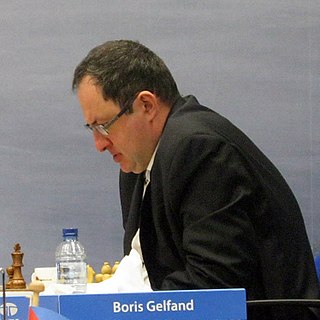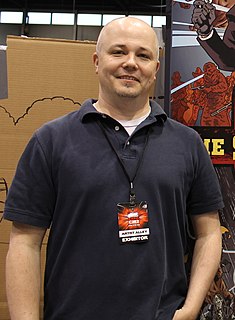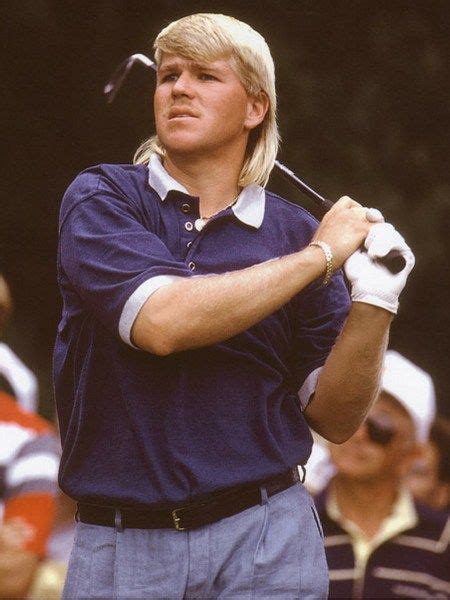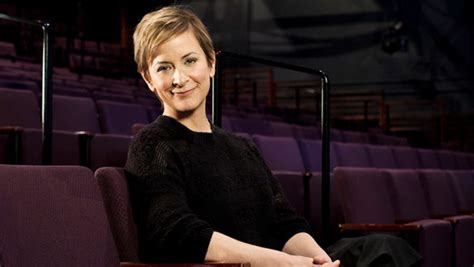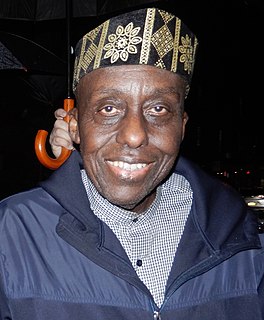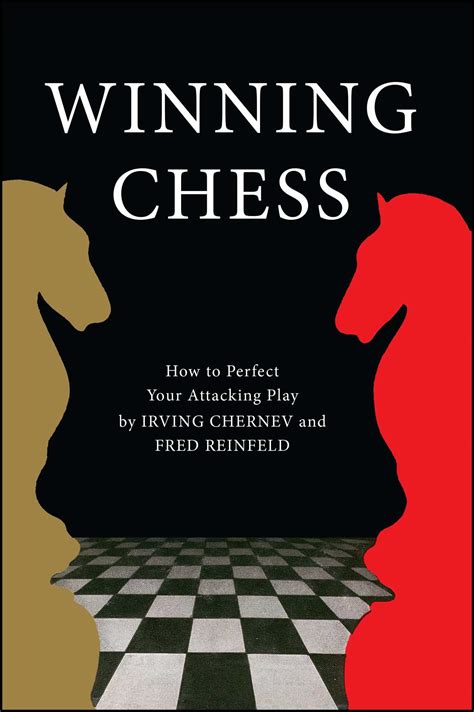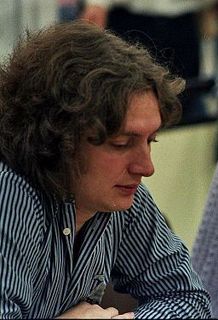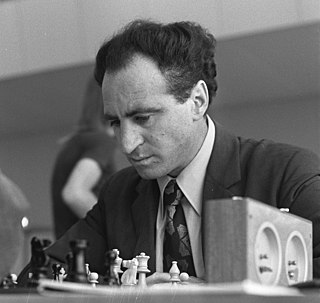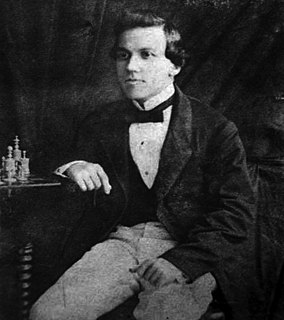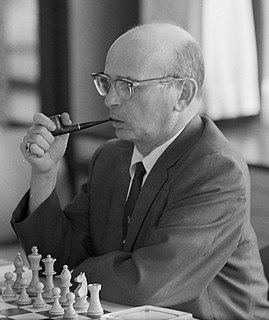A Quote by Emanuel Lasker
The delight in gambits is a sign of chess youth... In very much the same way as the young man, on reaching his manhood years, lays aside the Indian stories and stories of adventure, and turns to the psychological novel, we with maturing experience leave off gambit playing and become interested in the less vivacious but withal more forceful manoeuvres of the position player.
Related Quotes
Boris Vasilievich was the only top-class player of his generation who played gambits regularly and without fear ... Over a period of 30 years he did not lose a single game with the King's Gambit, and among those defeated were numerous strong players of all generations, from Averbakh, Bronstein and Fischer, to Seirawan.
I always was interested in prose. As a teenager, I published short stories. And I always wanted to write the long short story, I wanted to write a novel. Now that I have attained, shall I say, a respectable age, and have had experiences, I feel much more interested in prose, in the novel. I feel that in a novel, for example, you can get in toothbrushes and all the paraphernalia that one finds in dally life, and I find this more difficult in poetry.
I was with Miles Davisfor a couple of years as his bass player, and it was a beautiful experience. After two years I said to him, "Listen, man, I want to leave your band." He goes, "Why?" I said, "Because I want to develop not just as a bass player, but I want to get more into composition, into producing, and I'm working with Aretha Franklin and Luther Vandross and all these guys, and I want to really see how much I can grow and develop." He actually gave me his blessing.
I could direct a very decent Holocaust film, but I don't have the same experience as a young boy who was rocked to sleep in the lap of a grandmother who had a tattooed number on her arm, who told him stories of the people who disappeared, the relatives she never saw again, as he drifted off with his cheek nestled next to that number.

